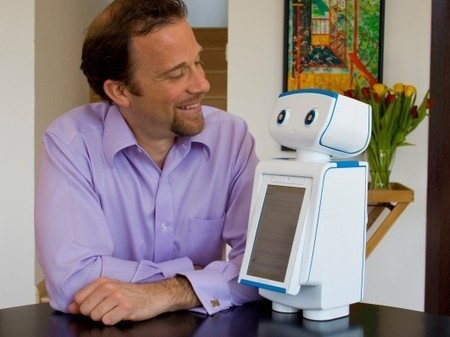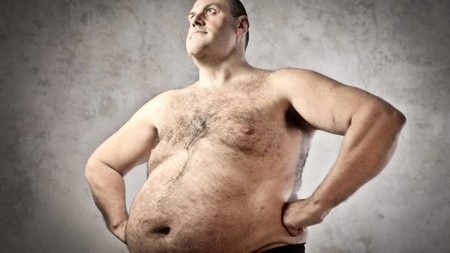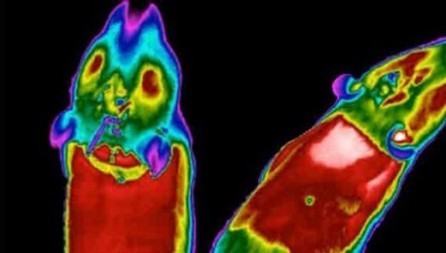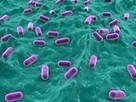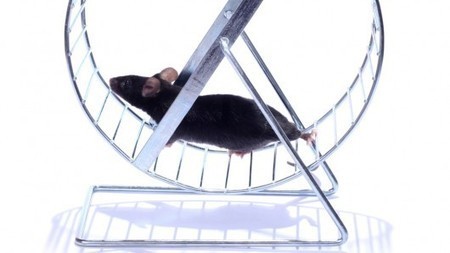Researchers were surprised to find that people with Type 2 diabetes who lost a lot of weight didn't lower their risk of heart attacks or strokes. They did have better control of their blood sugar and saw other health benefits.
Research and publish the best content.
Get Started for FREE
Sign up with Facebook Sign up with X
I don't have a Facebook or a X account
Already have an account: Login
Live longer in good health and you will have a chance to extend your healthy life even further
Curated by
Ray and Terry's
 Your new post is loading... Your new post is loading...
 Your new post is loading... Your new post is loading...
|
|






